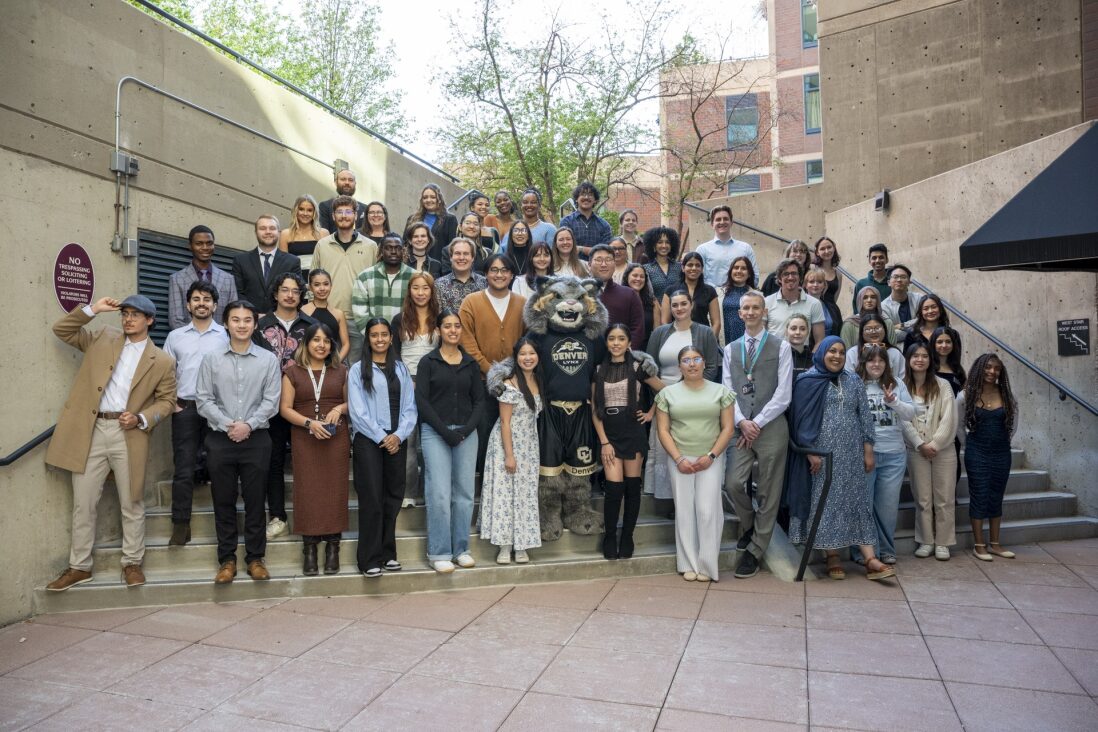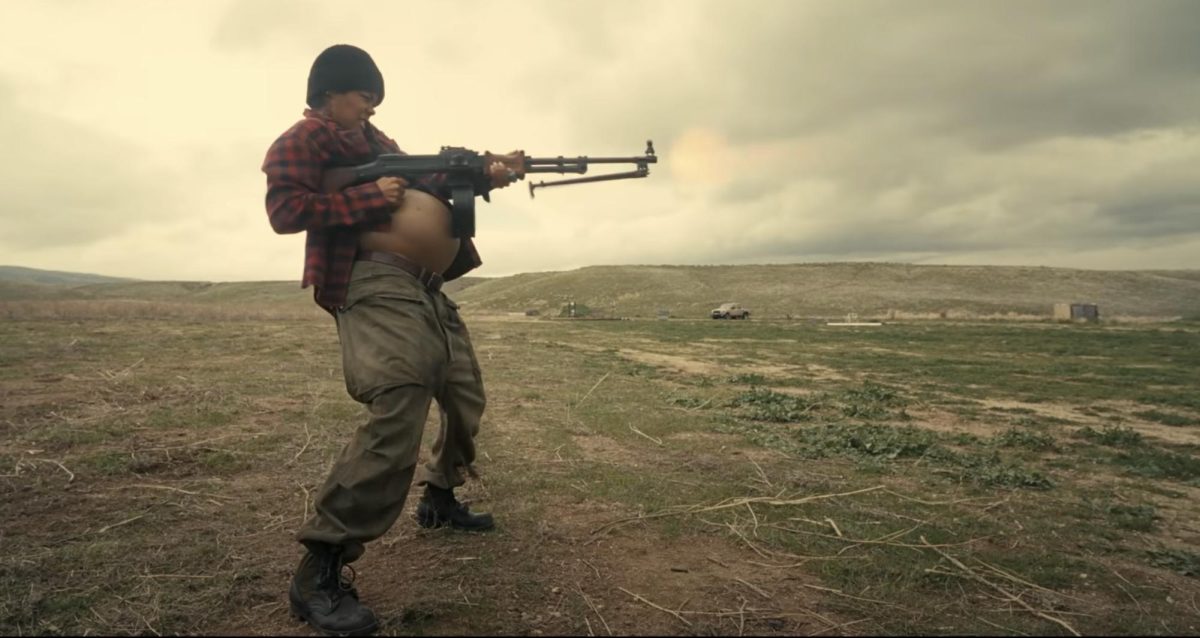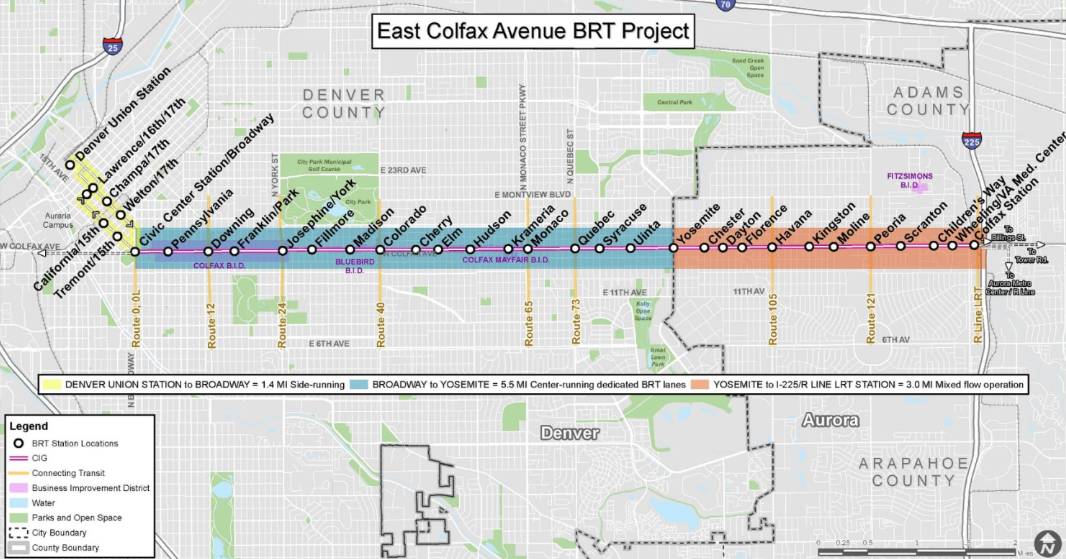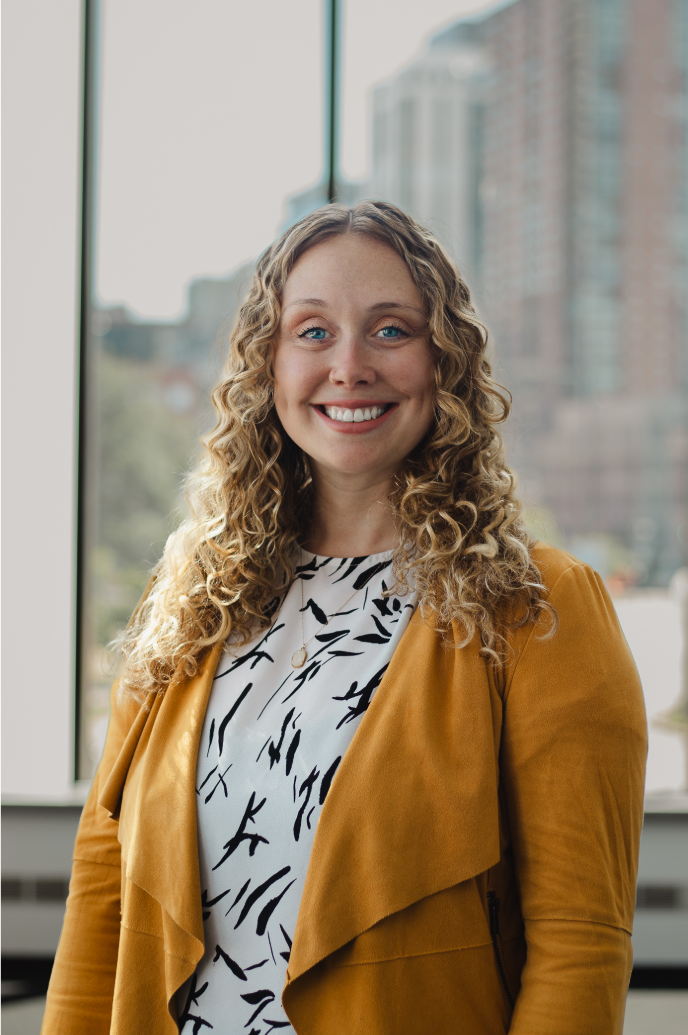At 5 P.M. on Friday, Apr. 18, CU Denver’s Student Government Association (SGA) will have a new President and Vice President for the next school year.
Incumbent President Savannah Brooks is not running for reelection, leaving the competition for the position between Brooks’ Vice President Mitchell Mauro and freshman Senator Jalissa Vega.
Brooks, a third-year political science student, has held the position of SGA President for a year. She previously served as a senator and as vice president. During her tenure as President, she has focused on reinstating crisis walk-in hours to the counseling center and improving the Wellness Center’s food pantry.
After three years in SGA, Brooks decided not to run for reelection, instead accepting a fellowship with Colorado Attorney General Phil Weiser’s 2026 gubernatorial campaign. With the position left open, Brooks’ Vice President Mitchell Mauro has started his own campaign for top executive.
However, Brooks is not looking to pass the torch to her VP. On Apr. 14, Brooks released a statement endorsing Mauro’s opponents Jalissa Vega and Elizabeth Thomason.
“Authentic leadership isn’t about saying the right things during campaign season, it’s about showing up for your community, listening with intention, and leading with purpose,” Brooks wrote. “Jalissa and Elizabeth have done that since day one. While others may campaign on broad ideas, these women have already proven they can turn their visions into action.”
Brooks’ endorsement of her Vice President’s opponents reveals a rift that has grown between herself and Mauro in the past year. According to Brooks, she and Mauro have clashed over ethical values and the pair’s respective personalities..
“For a long time, Mitchell and I were planning to run again together,” said Brooks told The Sentry. “We’d recently had a bit of a disagreement about some of our values and student government, and I did not like the way that Mitchell had handled some things that had happened.”
Brooks mentioned an incident in which Mauro had attempted to impeach an SGA member, allegedly without her approval or input. In Brooks’ view, Mauro had carried out this impeachment attempt without trying understand the member’s situation, and violated typical SGA procedure by bypassing the body’s Judicial Committee.
Alongside this incident, the pair have attended a number of conflict mediations and one HR meeting. This continued until a CU Board of Regents meeting, where Mauro pulled Brooks aside and the two mutually agreed not to run together again.
While Mauro acknowledged Brooks’ endorsement of his opponents, he feels optimistic that SGA’s next executive team will be more synchronized.
“If that’s the party that Savannah would like to endorse, I’m very happy, and I wish our competitors the best,” said Mauro. “Jalissa and I have a very good relationship with each other. No matter who wins, I’m very grateful, and I think we’ve both done a fantastic job during the campaign period.”
Mauro, a fourth year undergraduate in public administration, has spent all four of his years at CU Denver working in SGA, previously serving as a Senator and as Chair of the Student Advisory Committee to the Auraria Board. Reflecting on his year serving as Vice President, Mauro felt most proud of his work to improve the Wellness Center’s food pantry and a proposal to improve mental health services for students.
Mauro is running alongside Juan Diaz, a second-year criminal justice and psychology major. Diaz does not currently hold a position within SGA, but does serve Vice President of CU Denver’s Pre-Law Society and the UCD chapter of the Sigma Lambda Beta fraternity. He also holds the position of ‘Student Project Manager’ within the Office of Student Life.
Mauro believes that Diaz’s background, while lacking SGA experience, gives their campaign a unique pairing of experience and new ideas. The Mauro/Diaz platform primarily focuses on continuing the efforts of the Brooks/Mauro administration, including work on CU’s food pantry, addressing student mental health concerns and improving SGA’s relationship with student organizations. Mauro believes that his three years of experience in SGA will enable him to effectively fulfill these promises.
“Having the [legislative] understanding after this academic year into the next academic year will tee us up for a fantastic executive team that knows who we need to work with, already has relationships with those people, and then also a general understanding of how the university functions,” said Mauro.
In many ways, the idea of ‘experience’ defines this campaign—as liaisons between students and university administrators, SGA executives must have the skills to navigate around conflicting personalities, six-figure paychecks, and the Kafkaesque mass of bureaucracy that hangs over CU.
Vega and her running mate Thomason, undergraduate freshmen students of Human Development and Family Relations and Biochemistry respectively, have only been in SGA since the Fall 2024 semester. Neither are directly experienced in executive roles, but feel equipped for the challenge regardless of the learning curve.
Vega and Thomason have placed their accomplishments within SGA as the centerpiece of their campaign. Vega, who serves as Vice Chair of SGA’s Civic Engagement Committee, believes she has a unique connection to the student body.
“As vice chair, what I do is more outreach and community based,” said Vega. “So I’ve been in a lot of works with different offices. I’ve been in works with AHEC for Auraria Hunger and Homelessness Awareness Week, an event in which our Civic Engagement Committee was heavily involved in.” Vega also stressed her role in organizing tri-institutional events on Auraria Campus, which she believes brings the three schools closer together.
Thomason, meanwhile, sits as the director of SGA’s Student Services Review Committee, which examines how student fees are used and how student services can be improved. In the past year, Thomason has reviewed 11 different student services at UCD and drawn up recommendations for each of them.
Vega and Thomason’s platform focuses on enabling research at CU Denver by expanding access to funds provided through SGA’s Finance and Funding Committee. The pair also plan to give student organizations more money for events. In addition, both candidates are first generation students, and hope to support their peers in facing obstacles to educational opportunities and community building.
While both campaigns focus primarily on day-to-day issues for students, SGA executives must also contend with a web of bureaucracy in university administration, running between meetings and sitting on a series of committees. According to outgoing President Brooks, one of her most important responsibilities as president has been to serve as a link between CU students and institutions like university administration and the Colorado Department of Higher Education.
“You’re the liaison between your student body and the state relations team,” said Brooks, speaking of her role as SGA president. “When the legislative session rolls around, you’ll be asked to go testify for legislation. It’s not just [university] administration that you represent the student body for. It’s so many groups across the state.”
Despite this liaison role, SGA executives have little to no binding powers over decision-making bodies like Colorado General Assembly and the CU Board of Regents. When pushing for change, the next executive team must use persuasion skills in order to break through the thick political calcification in these institutions, a process which can be especially difficult under the oppressive procedural malaise of elected office.
With his experience as Vice President, Mauro is already familiar with hopelessly tangled political knots. Vega and Thomason don’t have as much experience with this, but plan to take a sympathetic approach with university administrators.
“[Admin] do their best to advocate for the students, but they also have a responsibility to protect the students from the dangers that can come from countrywide policies,” said Thomason in reference to the Trump administration’s attacks on higher education in past months.. “They can’t do as much talking as we can, but what SGA can do is bridge the gap.”
Recently, many international students have been detained by ICE or had their visas revoked, especially those who have been outspoken about Israel’s genocide in Gaza. As of Apr. 16, at least 12 students across all four CU campuses have had their visas revoked. The Trump administration has threatened to rescind federal funding from universities that refuse to comply with its policies.
The University of Colorado, and CU Denver in particular, have done very little to respond to these developments. In January, Vega co-sponsored a resolution calling on UCD administrators to protect undocumented and immigrant students, describing this lack of action as “a slap in the face.” However, her perspective has shifted since then.
“Since the [resolution] that was passed a few months ago, we have heard more positive notes,” said Vega. “I feel like [admin is] in a kind of difficult position between ‘Do I lose my job or do I get to keep my job?’ That’s part of the reason why a lot of our administrators aren’t able to speak out.”
Without university administration to back students up, SGA is one of the few institutional entities on Auraria Campus with the potential to take action against these attacks. Of course, compared to the terrible hydra of the federal government, student governments aren’t much more than ants underfoot. Student representatives, alongside student activists, will have to adopt creative resistance tactics as the political situation unfolds.
Still, the Mauro and Vega campaigns remain optimistic in their ability to respond to these nationwide shifts. For Brooks, the executive team’s best chance lies in its influence within the Colorado state legislature.
“This next administration needs to be very strong in its support, not only for students, but for the value of education and its capacity to drive change,” said Brooks. “We need to keep pressing for better of our administration, of our leaders in higher education. We need to keep putting pressure on our leaders in government. I think that’s our job, not just as leaders for our campus, but for students across the state.”
Alongside the executive race, this year’s SGA elections also have UCD students electing a senator-at-large, several representatives, and a director for communications. CU students will also vote on a series of proposed amendments to the SGA constitution, as well as a referendum on a proposed Mental Health and Wellbeing Fee. Students can vote on MyLynx through 5 PM on Friday, Apr. 18.


















